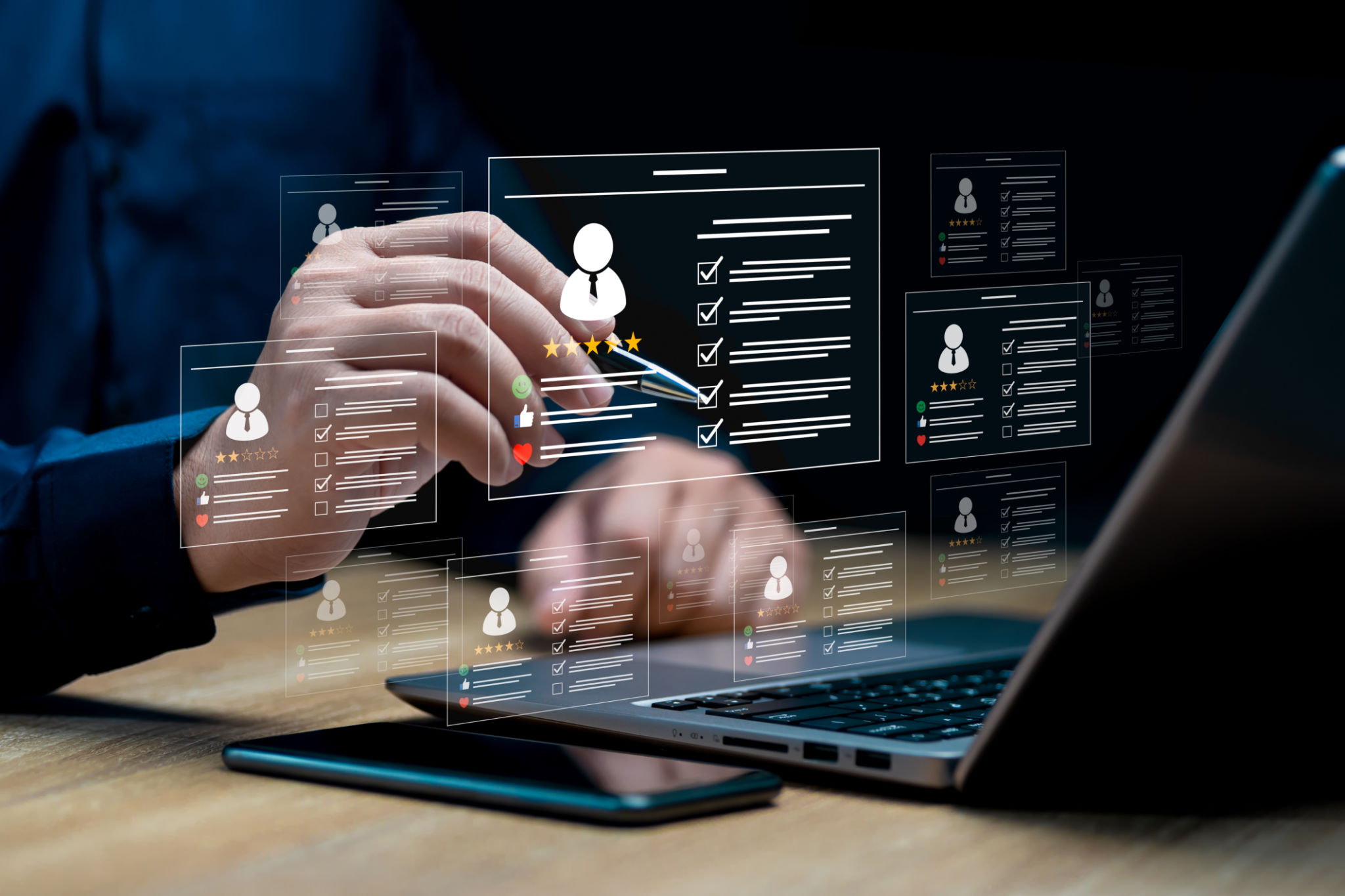Addressing Common Misconceptions About AI in HR
Understanding the Role of AI in HR
Artificial Intelligence (AI) has become a buzzword in various industries, including Human Resources (HR). Yet, there's a plethora of misconceptions surrounding its application and impact. It's crucial to clear up these misunderstandings to appreciate the true potential of AI in HR. Far from replacing human jobs, AI is designed to streamline processes and enhance efficiency.

At its core, AI is about augmenting human capabilities. It automates repetitive tasks and provides data-driven insights that humans can use to make informed decisions. This allows HR professionals to focus on more strategic initiatives, such as employee engagement and organizational development.
AI Will Replace HR Jobs
One of the most common fears is that AI will replace HR jobs. However, this is a misconception. AI is not meant to replace HR professionals but rather to assist them. By automating mundane tasks like resume screening and scheduling interviews, AI allows HR teams to allocate more time to tasks that require human intuition and empathy.
Additionally, AI can help in identifying trends and patterns that might not be immediately visible to humans. This aids in strategic decision-making and can improve overall organizational efficiency. Rather than viewing AI as a threat, it should be seen as a valuable tool that complements human efforts.

AI Lacks Human Touch
Another misconception is that AI lacks the 'human touch' necessary for effective HR management. While it's true that AI cannot replicate human emotions or empathy, it can still play a crucial role in enhancing the employee experience. For instance, AI-powered chatbots can handle employee queries quickly, ensuring they get the information they need without delay.
Furthermore, AI can be used to gather insights into employee satisfaction and engagement through sentiment analysis. This data can then be used by HR teams to tailor initiatives that improve workplace culture and employee well-being.
AI Is Too Complex for HR Teams
Some HR professionals believe that AI is too complex to implement and manage effectively. However, modern AI solutions are designed with user-friendliness in mind. Many platforms offer intuitive interfaces that require minimal technical expertise, making it easier for HR teams to adopt and integrate AI tools into their existing processes.

A successful implementation of AI in HR doesn’t necessitate a complete overhaul of existing systems. Instead, it involves integrating AI tools that complement current workflows, ensuring a smooth transition and minimizing disruption.
AI Compromises Data Privacy
Data privacy is a legitimate concern when implementing AI in any field, including HR. However, reputable AI solutions prioritize data security by adhering to strict privacy regulations and using advanced encryption techniques. It's essential for organizations to choose vendors who are transparent about their data practices.
By doing so, companies can ensure that sensitive employee information is protected while still reaping the benefits of AI-driven insights. Proper training and awareness programs can also help HR teams understand how to handle data responsibly.
Embracing AI as a Strategic Partner
As we move forward, it's important to view AI as a strategic partner rather than a competitor. By dispelling these common misconceptions, HR professionals can better leverage AI technologies to enhance their roles and deliver greater value to their organizations.
In conclusion, while AI has its limitations, its potential benefits far outweigh the drawbacks when implemented thoughtfully. As we continue to evolve in this digital age, embracing AI in HR will undoubtedly lead to more efficient and effective human resource management.
